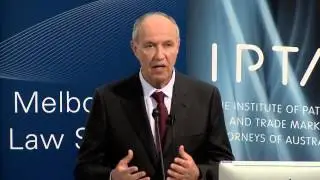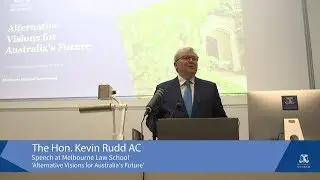Why Should Moral Bioenhancement be Mandatory?
On Tuesday 5 December, Health Law and Ethics Network held their December Monthly Lunchtime seminar on 'Why Should Moral Bioenhancement be Mandatory?', presented by Professor Julian Savulescu. Moral bioenhancement is the use of biomedical interventions to increase the probability of moral behaviour. This has been proposed to address existential problems such misuse of powerful technology, such as bioterrorism, or global collective action problems such as combatting climate change. One objection is that such enhancement would only be effective if made mandatory. Yet coercion undermines freedom and autonomy, and some writers argue that moral enhancement can only truly occur if there is “freedom to fall.” We argue that coercion can be legitimately employed to promote public goods and use the parallel field of public ethics ethics to generate principles of coercion in the employment of moral bioenhancement. Specifically, we use an algorithm for mandatory vaccination as a basis for mandating moral bioenhancement. Mandatory moral bioenhancment can be employed when: (1) there is a grave social problem; (2) it is safe and effective; (3) its comparative expected utility is greater than less coercive options, including incentives; (4) the costs of the coercion are proportionate to the benefits (and it consists an “easy rescue” for the coerced individual).







![Real Life Tekken - Dirty Fighting with MIGUEL ROJO [Eric Jacobus]](https://images.videosashka.com/watch/NVR3NussHQk)











